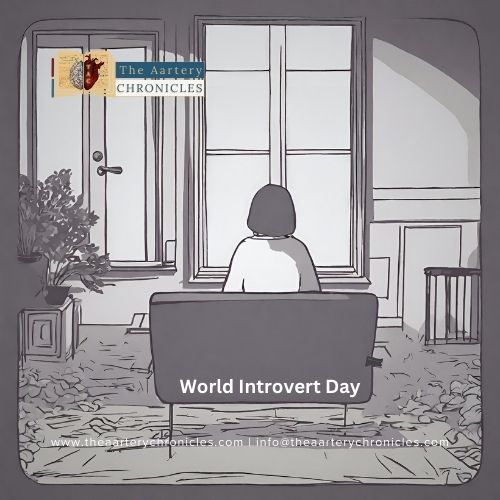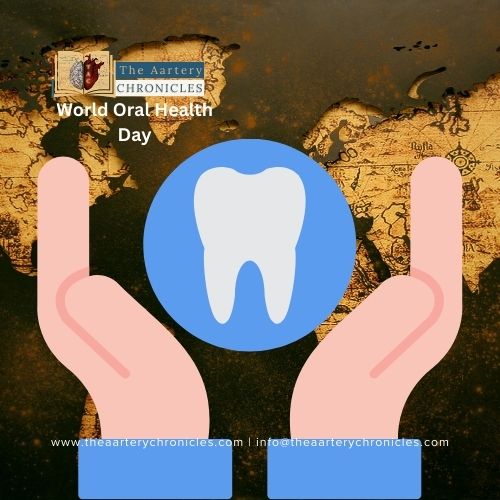

US FDA Greenlights Bipolar Treatment for Fanapt
The FDA Approval
Vanda Pharmaceuticals has received enhanced permission from the United States Food and Medicine Administration (FDA) for a larger variety of purposes beyond schizophrenia treatment, after the approval of a new drug that was first licensed in 2009. This breakthrough has resulted in a huge boost in the company’s worth, with shares up 16%.
FANAPT
Fanapt, the patented drug in question, faces the potential loss of its exclusivity in 2027. However, with its recent approval for treating bipolar illness, there is a good probability that prescriptions for this medicine will rise. This is especially crucial given that sales of the medicine have been falling in recent quarters owing to increased competition. With the added indication, Fanapt can now address Bipolar I disorder, characterized by atypical manic or severe mood swings.
The FDA’s decision follows a successful late-stage trial involving 400 patients, demonstrating the effectiveness of Vanda Pharmaceuticals’ medication, known chemically as Iloperidone. Such a drug is expected to be utilized during the management of manic symptoms.
What is bipolar disorder?
Bipolar disorder or manic depression is a mental health illness that causes mood swings from one extreme to the other. [1]
In bipolar disorder, depressive episodes alternate with intervals of manic symptoms, which include euphoria or agitation, increased activity or energy, and other symptoms. [2]
Etiology
Bipolar disorder is believed to be mostly genetically determined, yet it appears to be caused by more than one gene in almost all affected people. There are clear environment-gene interactions that influence the timing, frequency, and severity of episodes. Hence the majority of what causes bipolar disorder is genetic however the way its effects and manifestations are highly influenced by the environment. [3]
Symptoms of bipolar disorder
Depressive episodes may last for several days
Depression
- Lack of energy
- Low self-esteem
- Loss of appetite
- Sleep issues such as insomnia
- Suicidal thoughts
- Lack of interest in everyday activities
- Feelings of irritability [4]
Mania
- Frequently getting distracted
- Feeling of being extremely happy or overjoyed
- Talking quickly
- Hallucinations and being delusional
- Illogical thinking
- Being irritated and agitated
- High self-importance [4]
Coping bipolar disorder
Coping with bipolar disorder requires a combination of healthy lifestyle choices, professional treatment, and support. Maintaining healthy sleep routines, limiting intake of coffee, eating well, exercising frequently, taking prescribed medicine, avoiding alcohol and drugs, reducing stress, and developing a strong support network are all essential. At the same time, it is important to recognize triggers and get help during crises.
Source: Inputs from various media Sources

Priya Bairagi
- Medicine
- Nutrition And Diet












